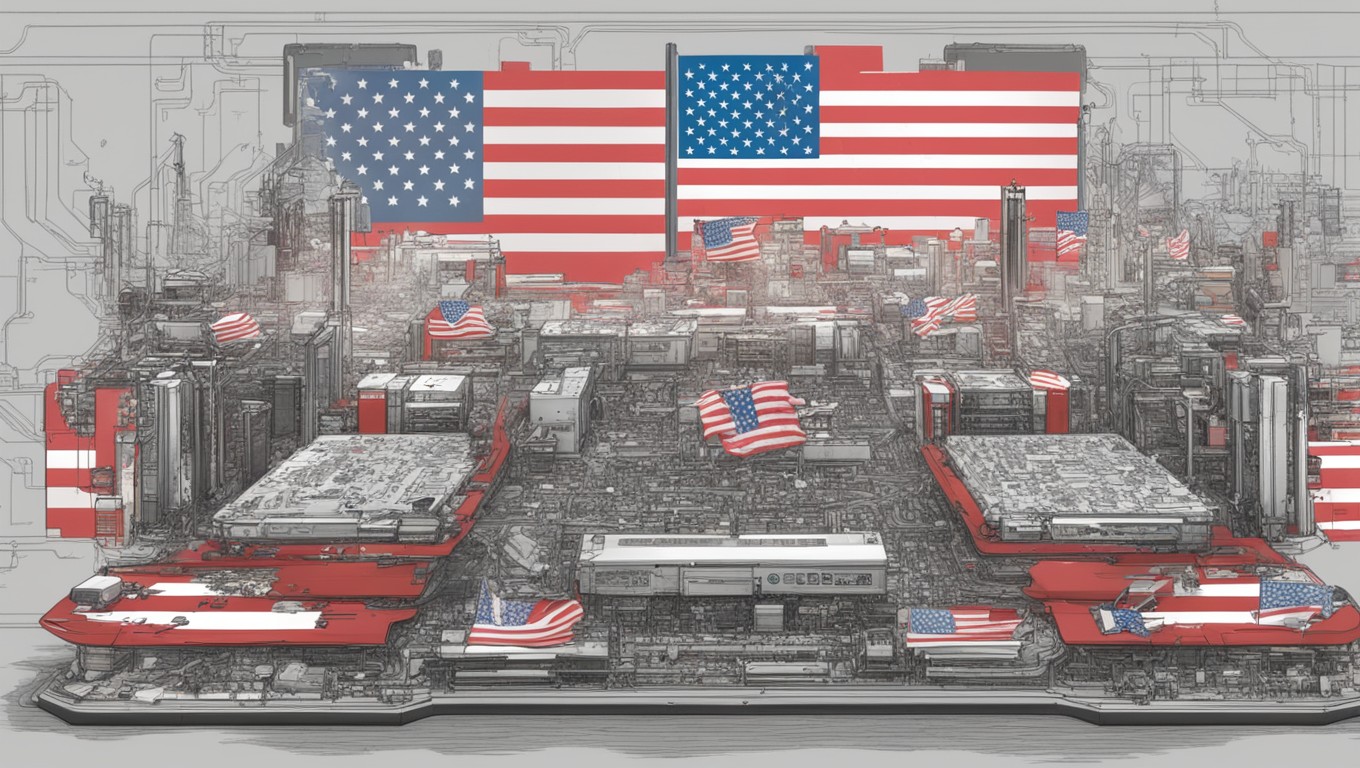China’s Acquisition of Nvidia Chips Challenges U.S. Ban: Implications for AI and Military Technology
Just when the United States thought it had cut off China’s access to advanced U.S. chips for AI and military technology, a recent Reuters review of tender documents reveals that Chinese military bodies, state-run AI research institutes, and universities have acquired small batches of Nvidia semiconductors that were banned from export to China. These purchases, made through largely unknown Chinese suppliers, highlight the difficulties Washington faces in completely severing China’s access to the crucial chips. Despite the bans, buying or selling high-end U.S. chips in China is not illegal, and the tender documents show that numerous Chinese entities have obtained and taken receipt of Nvidia semiconductors since the restrictions were imposed.
Among the banned Nvidia chips that have been acquired by Chinese buyers are the A100 and the more powerful H100 chips, which were banned in September 2022. Additionally, the slower A800 and H800 chips, which were specifically developed by Nvidia for the Chinese market, were also later banned in October. The graphic processing units (GPUs) built by Nvidia are widely recognized as far superior to rival products for AI work, as they offer more efficient processing of large amounts of data required for machine learning tasks. This continued demand for and access to banned Nvidia chips underscores the lack of viable alternatives for Chinese firms, despite the nascent development of rival products by Huawei and others. Prior to the bans, Nvidia held a commanding 90% share of China’s AI chip market.
The purchasers of the banned Nvidia chips include elite universities as well as entities subject to U.S. export restrictions, such as the Harbin Institute of Technology and the University of Electronic Science and Technology of China. These universities have faced accusations of involvement in military matters or affiliation with a military body, contrary to U.S. national interests. For example, the Harbin Institute of Technology purchased six Nvidia A100 chips in May for deep-learning model training, while the University of Electronic Science and Technology of China purchased one A100 chip in December 2022, without specifying its purpose.
Reuters' review of the tender documents did not find Nvidia or retailers approved by the company among the identified suppliers, and it remains unclear how these suppliers were able to procure the Nvidia chips. However, an underground market for such chips in China has emerged following the U.S. restrictions. Chinese vendors have revealed that they acquire excess stock that reaches the market after Nvidia ships large quantities to major U.S. firms, or they import the chips through locally incorporated companies in countries like India, Taiwan, and Singapore.
In response to these findings, Nvidia stated that it adheres to all applicable export control laws and expects its customers to do the same. The U.S. Department of Commerce declined to comment on the matter. U.S. authorities have pledged to close loopholes in the export restrictions and have already moved to limit access to the chips by Chinese company units located outside of China. However, experts like Chris Miller, a professor at Tufts University and author of “Chip War: The Fight for the World’s Most Critical Technology,” believe that achieving watertight export restrictions is unrealistic, given the small size of chips and their susceptibility to smuggling. The aim of the export restrictions is to impede China’s AI development by making it challenging for the country to build large clusters of advanced chips capable of training AI systems.
The review of tender documents also revealed that Chinese state entities, including military bodies, have procured Nvidia chips for AI applications. For instance, one unnamed People’s Liberation Army entity based in Wuxi, Jiangsu province, sought three A100 chips in October 2023 and one H100 chip in January 2024, according to military database tender information. While many of the purchases are small in quantity and insufficient for building sophisticated AI language models from scratch, they are still capable of running complex machine-learning tasks and enhancing existing AI models.
Despite the ongoing ban, the acquisition of Nvidia chips by Chinese buyers underscores the challenges faced by the United States in completely cutting off China’s access to advanced U.S. chips. This raises significant implications for both AI development and military technology. The U.S. government will need to continue refining its export restrictions to prevent unauthorized access to cutting-edge chips, while Chinese firms may need to invest in developing alternative technologies to lessen their dependence on banned Nvidia semiconductors. The ongoing battle for dominance in the global AI and technology landscape shows no signs of abating, and these latest developments only further highlight the complexity of the situation.





Use the share button below if you liked it.